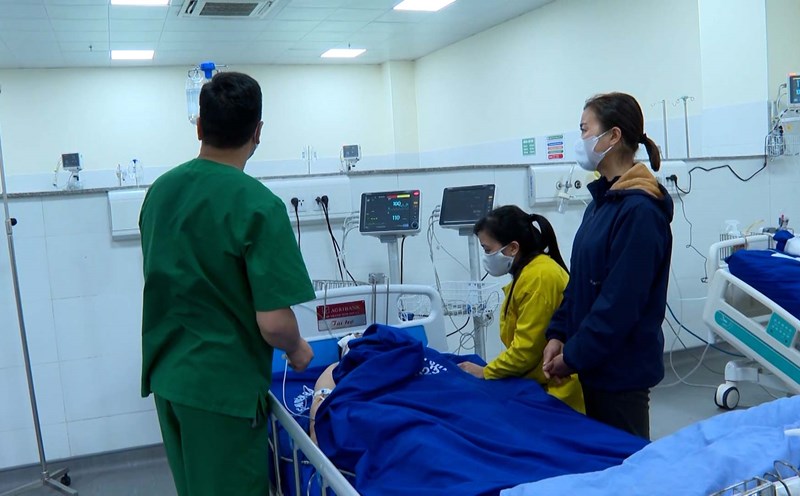The Ministry of Labor, War Invalids and Social Affairs is drafting a joint pilot to prioritize restructuring the process, integrating and providing at the same time procedures for granting work licenses to foreigners in Vietnam and issuing criminal records in 3 localities: Hanoi, Hue, Ba Ria - Vung Tau.
Previously, on February 28, 2024, the Prime Minister issued Decision No. 206/QD-TTg approving the list of online public service groups with priority for restructuring the process on the national public service portal in 2024.
However, the two procedures for issuing criminal records and granting labor licenses have significant differences in the subjects of implementation, necessary documents and settlement authority, leading to ineffective connection, now there needs to be a mechanism to connect with each other.
This is a timely and necessary step, in the context of an increasing number of foreign workers, especially in industrial parks across the country.
In fact, the demand for recruiting experts and high-tech workers of enterprises, especially FDI enterprises, is increasing significantly. A typical example is Bac Ninh province - where 6,000 enterprises are approved to use foreign labor, with nearly 15,000 people having been granted or extended labor licenses.
In similarly developed industrial localities such as Binh Duong, Dong Nai, Da Nang, etc., the number of foreign workers is also constantly increasing.
However, the current labor licensing procedures are quite complicated, requiring many stages and units, causing businesses and workers to spend a lot of time and money.
Therefore, the integration of the issuance of labor licenses and "one-stop, interconnected" criminal records is considered in accordance with international practices, while meeting practical requirements in Vietnam.
Currently, the process of applying for criminal records and granting work permits is different in both the subject and administrative procedures, leading to confusion for businesses.
There are even cases where businesses borrow licenses and allow foreign workers to work for a period of time (maximum under 30 days) before rushing to register.
On the other hand, the exchange and sharing of information between State management agencies is not timely, creating loopholes for some businesses to "circumvent the law" or recruit foreign experts in an untransparent manner.
As a result, administrative violations related to the use of foreign labor have occurred in many places, with significant fines, causing financial and reputational losses for businesses.
If the pilot in three major localities - which attract many foreign workers - has positive results, the expansion of the model across the country needs to be carried out as soon as possible.
The requirement to create a competitive working environment, attracting high-quality human resources requires Vietnam to be flexible and proactive in building policy mechanisms.
This interconnection proposal, when implemented seriously and effectively, will not only unblock procedures, but also contribute to enhancing Vietnam's image as an attractive, transparent and favorable investment destination for all international workers.











